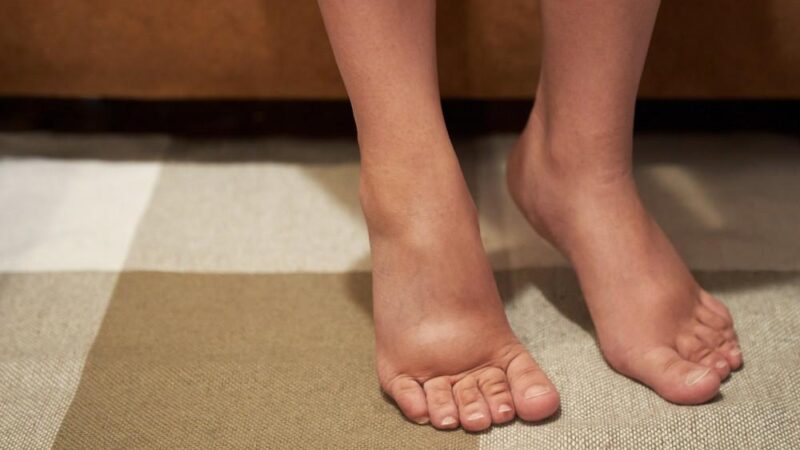Weight Loss Drug Belviq Recalled Due to Cancer Risk, Lawsuits Pending

Belviq and Belviq XR are pharmaceuticals manufactured by Eisai Inc. for weight loss support. Initially, they were released with the approval of the US Food and Drug Administration (FDA) with minimal warnings. However, in February 2020, the manufacturer submitted a voluntary recall of both products.
The recall occurred after evidence was uncovered during clinical trials that showed both Belviq and its extended-release formulation Belviq HR contain an active ingredient that may increase users’ risk of developing cancer. Both formulations rely on a chemical component called lorcaserin to promote weight loss by artificially stimulating feelings of fullness and decreasing users’ appetites.
Originally, Belviq was approved for two consumer groups. It was prescribed to obese patients with body mass indexes (BMIs) of 30 or more and overweight patients with BMIs of 27 or more who also had at least one weight-related comorbidity. Eligible comorbidities included Type 2 diabetes, high cholesterol, and high blood pressure.
Eisai’s initial tests showed that the drug was effective. After one year of using the appetite-suppressant, half of the clinical trial participants lost 5% of their body weight or more, and almost a quarter of them lost 10% or more. While effective, the drug also came with risks that were not disclosed to consumers.
FDA Recall Due to Increased Cancer Risk
Initial randomized, double-blind clinical trials on the risks of Belviq lasted for five years following its FDA approval in 2012. They showed that there was a possibility of increased cardiovascular risks in those who took Belviq vs. a placebo.
Additional clinical trials that were completed in 2018 showed that Belviq did not cause an increased risk of adverse cardiovascular events. It did, however, increase participants’ risk of developing certain types of cancer. Participants who took Belviq developed lung, pancreatic, and colorectal cancer at a rate of 7.7%, while those taking a placebo only had a 7.1% cancer risk.
The FDA issued a warning to stop taking and prescribing the drug in January 2020 and requested a voluntary recall on February 13, 2020. The agency cited the results of the randomized clinical safety trial as proof that the risks of taking lorcaserin outweighed its potential benefits.
Eisai, Inc. Pulls Belviq from Markets
After receiving the FDA’s request to voluntarily withdraw Belviq, Eisai, Inc. did just that. The company also released a subsequent statement indicating that it did not stand behind the FDA’s findings. Its assessment was that the drug’s potential positive benefits outweighed its purported risks.
Belviq Lawsuits
To date, three lawsuits have been filed against Eisai, Inc. alleging negligence and misconduct. They are known as Fuller v. Eisai, Inc., Steinman v. Eisai, Inc., and Zottola v. Eisai, Inc. The pending lawsuits focus on Eisai’s purported breaches of its implied warranty, deceptive practices, false advertisement, and fraudulent concealment of potential adverse effects.
Eisai moved to dismiss Fuller v. Eisai, Inc. and succeeded in convincing a judge that the plaintiffs did not provide sufficient evidence to support their claims of manufacturing defect and breach of warranty. The company has filed a similar motion to dismiss regarding the class-action lawsuit Zottola v. Eisai, Inc., but the motion remains pending. Interested parties can learn more by visiting https://www.pittsburghhealthcarereport.com/belviq-weight-loss-drug-linked-to-cancer/ for additional information.







